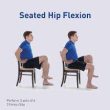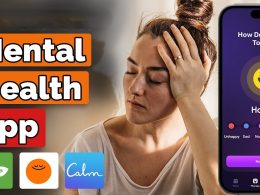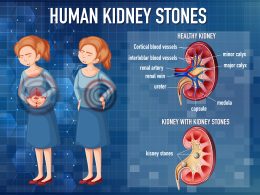Introduction:
In today’s fast-paced world, caffeine has become an integral part of our daily routines. From early morning cups of coffee to afternoon energy drinks, many rely on caffeine to boost focus and productivity. But have you ever wondered if there are potential dangers lurking behind that cup of Joe? In this article, we’ll dive into the world of caffeine and explore how much is too much, uncovering the hidden risks associated with excessive consumption.
The Caffeine Craze:
Understanding Its Popularity Caffeine, a natural stimulant found in coffee beans, tea leaves, cacao pods, and various other plants, works by blocking adenosine, a neurotransmitter responsible for promoting sleepiness and relaxation. Instead, caffeine increases the release of dopamine and norepinephrine, leading to heightened alertness and improved concentration. Its ability to provide a temporary energy boost has contributed to its widespread popularity.
How Much Caffeine is Safe for You?
While caffeine can offer some benefits in moderation, excessive consumption can lead to adverse effects on our health. The exact amount of safe caffeine intake varies from person to person. Factors such as age, weight, and individual sensitivity play a significant role. As a general guideline, health experts recommend limiting caffeine intake to 400 milligrams (mg) per day for most healthy adults, which is approximately four cups of brewed coffee.

Unmasking the Hidden Dangers of Excessive Caffeine
Consuming more than the recommended daily limit of caffeine can lead to a range of health problems. Increased heart rate, palpitations, and high blood pressure are common side effects. Excessive caffeine intake can disrupt sleep patterns, leading to insomnia and daytime drowsiness. Prolonged dependency on caffeine may also impact the nervous system, leading to anxiety and jitteriness.
In addition to physical health risks, excessive caffeine consumption can also affect mental well-being. Regularly exceeding the recommended limit may contribute to irritability, mood swings, and difficulty in managing stress. It’s essential to recognize the signs of caffeine overconsumption and take steps to cut back if necessary.
Tips to Cut Back on Caffeine Consumption If you suspect you’re consuming too much caffeine or want to reduce your intake for other reasons, here are some practical tips to help you gradually cut back:
a. Gradual Reduction: Abruptly quitting caffeine can lead to withdrawal symptoms like headaches and fatigue. Gradually reduce your intake to avoid these effects.
b. Monitor Your Intake: Keep track of the amount of caffeine you consume daily. This awareness can help you identify areas where you can cut back.
c. Decaffeinated Options: Switch to decaffeinated coffee or tea for a lower caffeine alternative. These options still offer the flavor without the jolt.
d. Stay Hydrated: Opt for water or herbal teas to stay hydrated throughout the day. Proper hydration can also boost energy levels.
e. Balanced Diet and Exercise: A well-balanced diet and regular exercise can help maintain energy levels naturally, reducing the need for excessive caffeine.
Conclusion:
Caffeine can be a useful tool when consumed in moderation, but excessive intake can lead to a range of hidden dangers, affecting both physical and mental well-being. By understanding the risks associated with excessive caffeine consumption and implementing strategies to cut back, we can strike a balance and enjoy the benefits of caffeine without jeopardizing our health. Remember, moderation is key when it comes to caffeine intake.












